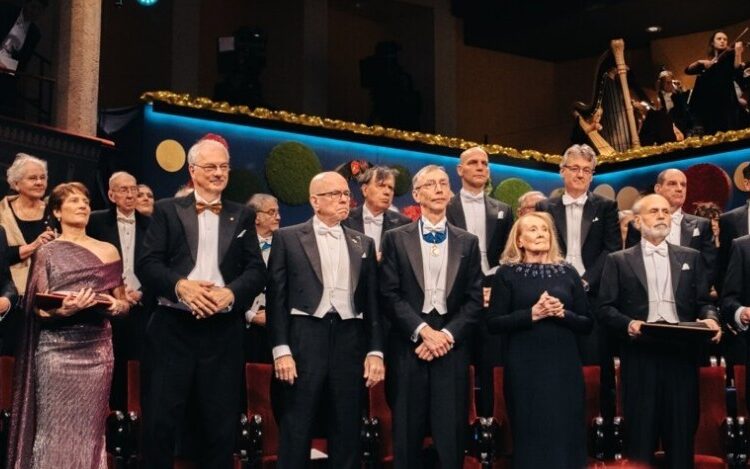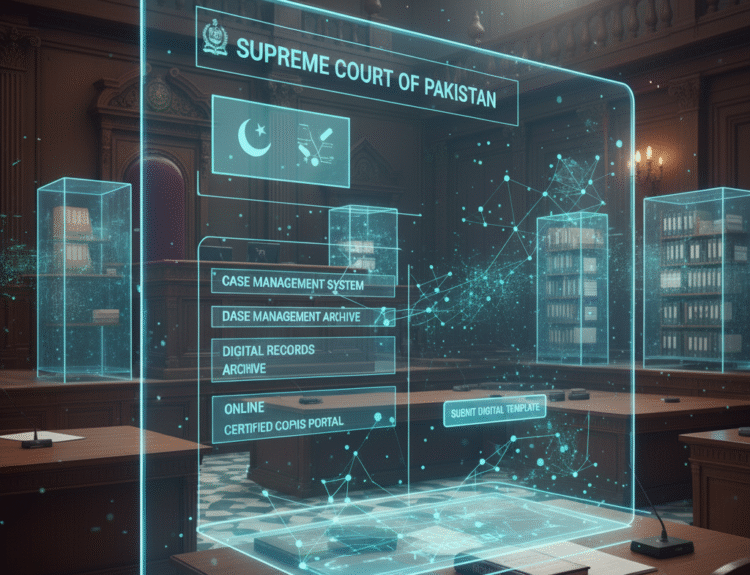While dismissing a plea challenging the Federal Investigation Agency’s (FIA) powers of summoning an accused in a blackmailing case, the Lahore High Court (LHC) ruled that cybercrime wing of FIA has rightly served notice on the alleged offender who is bound to join the investigations in the matter.
A married woman residing in Lahore has filed a complaint before the cybercrime wing of the FIA Lahore, alleging that a police sub-inspector of district Okara, Hammad Zafar, is blackmailing her. She further alleged that the accused person intimidated her through cell phone messages that he will upload her photos and some video clips on social media.
She also alleged that the accused person was trying to destroy the complainant’s peaceful marital life as he sent threatening messages to her husband. Soon after receiving the complaint, the cybercrime wing of the FIA served notice on the accused person but instead of joining the inquiry he challenged the legality of the notice before the LHC and sought suspension of the same.
Appearing before a single-member bench of Justice Muhammad Shan Gul along with Deputy Attorney General for Pakistan Usman Arif, the cybercrime wing’s investigation officer Ume Salma apprised she has merely sent a notice under Section 160 of the Criminal Procedure Code CrPC to the petitioner. She further informed under the served notice, the petitioner has to appear and assist in an inquiry, adding the petitioner has so far failed to appear before the FIA.
She added that as and when the petitioner appears, his statement shall be recorded. Announcing the verdict the judge said, “Even otherwise, the issuance of a notice for the purpose of participating and aiding in an ongoing inquiry is glaringly not an adverse action that can adversely impact the rights of the petitioner. In other words, the stage whereby this court can interfere is yet to be reached”.
Dismissing the petition, the court said in its order, “In this view of the matter, nascent matters are ill-suited for adjudication in judicial review proceedings. Of course, to entertain judicial review at such an incipient stage would tantamount to somewhat retarding statutory duties and obligations. In the present matter, statutory responsibilities of the FIA to inquire into a crime which falls within its jurisdictional competence shall be offended if any interference is made at this stage.”






